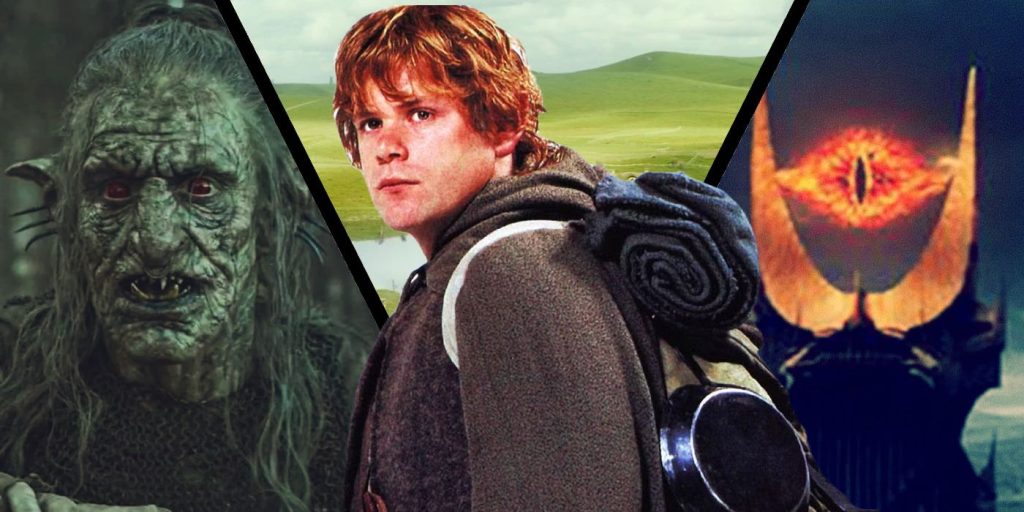Middle-earth in The Lord of the Rings has been described as a complex network of diverse cultures and traditions. The Dwarves prefer to live beneath their favorite mountains, while Elves can be found in the woods (if they want to be found). Men construct enormous cities of stone, whereas Hobbits are satisfied with their cozy hillside holes.
There is one irreconcilable difference between the real world and Tolkien’s fictional creation—Middle-earth was designed with the Medieval Era in mind. In other words, the denizens of Rohan, the Shire, Gondor, Rivendell, and Mordor don’t have access to the modern conveniences and luxuries we take for granted.
Updated by Jordan Iacobucci on January 15, 2025: Though many fantasy fans would love to enter J.R.R. Tolkien’s fictional world of Middle-earth, there are some serious problems that residents must learn to live with. Whether they be in the rolling hills of the Shire or the sprawling cities of Gondor, the people of Middle-earth don’t always live easy lives. This article has been updated to include additional entries and to adhere to CBR’s current formatting guidelines.
15
The Fate of Middle Rests With a Small Group of People
Middle-earth Always Seems to Be on the Brink of Destruction
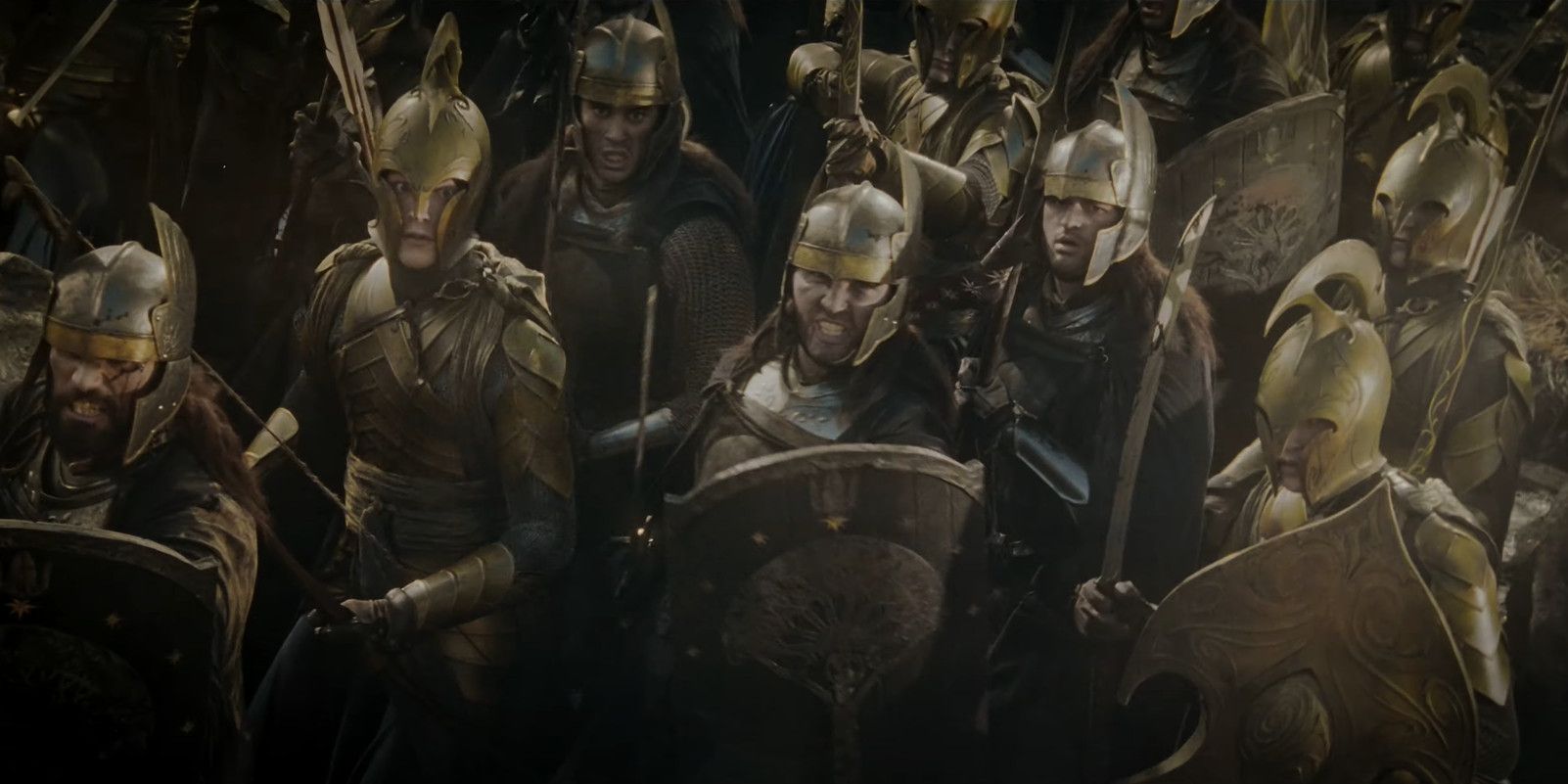
The world of Middle-earth is filled with all kinds of adventures, as the eternal battle between dark and light wages on throughout millennia. While the Lord of the Rings movies feature the epic actions of true heroes willing to do anything to maintain the light, it doesn’t always focus on the little people just trying to get by. These everyday citizens have very little say in the fate of their world, which always seems to be decided by a small group of people.
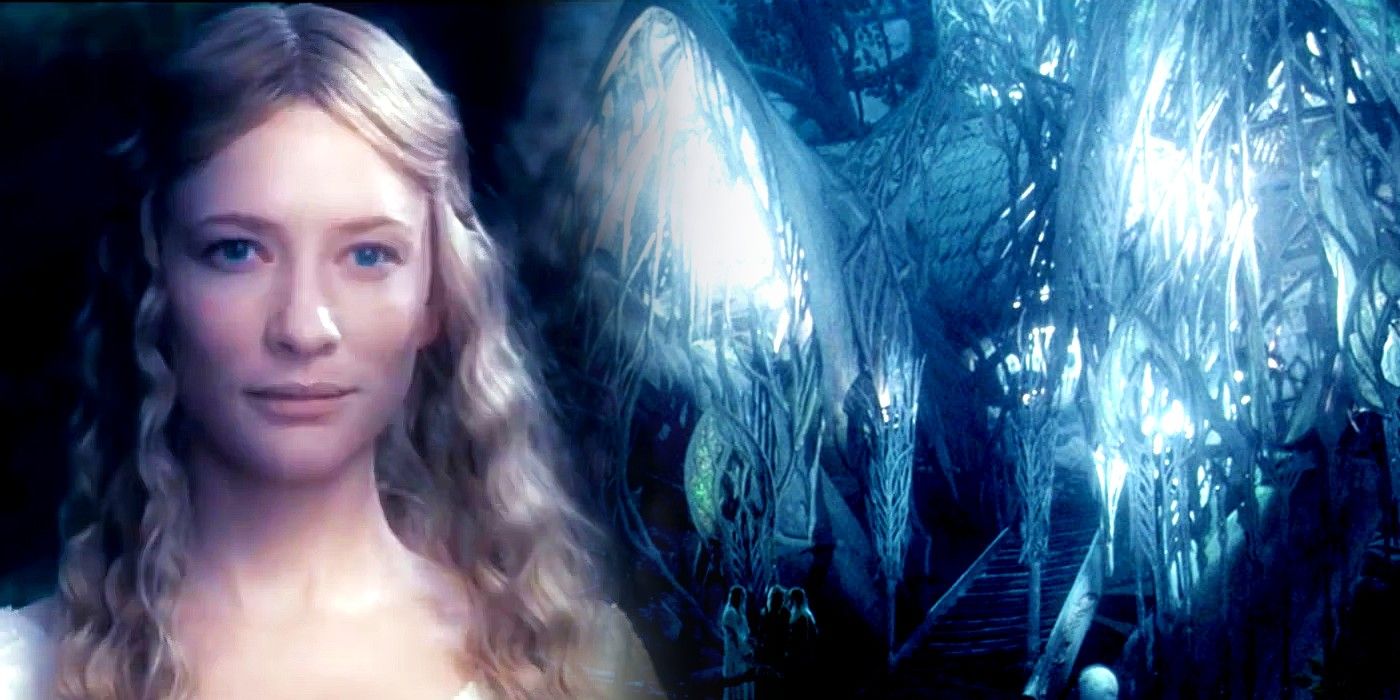
Related
This Subtle Lord of the Rings Change Drastically Fixed 1 of the Book’s Most Frustrating Flaws
In J. R. R. Tolkien’s masterpiece of a novel, The Lord of the Rings, time seemed to move differently for mortals in the Elven realm of Lothlórien.
Life must be terrifying for regular people of Middle-earth, who know that the good or bad decision of the world’s heroes can alter their lives forever. When kings lose heart, their kingdoms burn. When Elves trust the wrong people, the world is plunged into darkness. The people of Middle-earth have little agency over their own lives, a sad existence in a world whose fate is decided by other greater individuals.
14
People of Middle-earth Need to Watch Out for Magical Objects
Finding the Wrong Trinket in LotR’s World Could Ruin Your Life
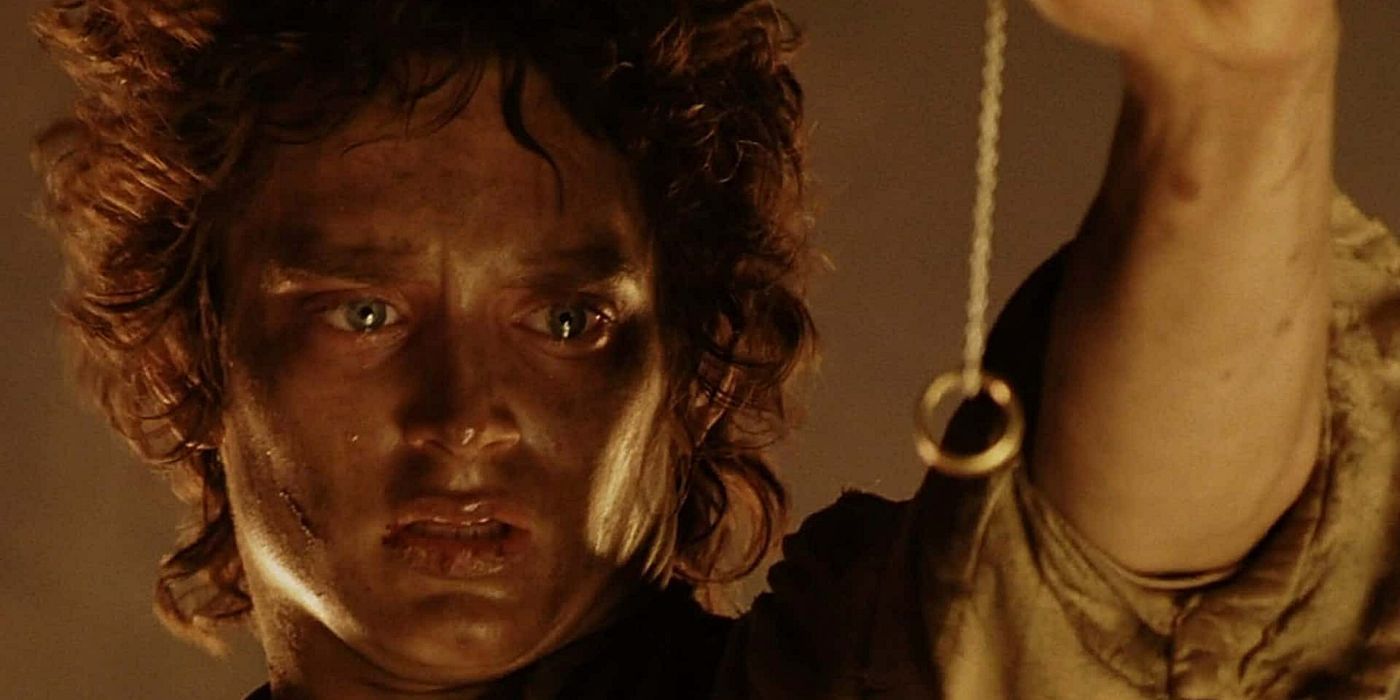
The world of Middle-earth is littered with magical items. From ancient swords to rings of power, it isn’t all that difficult to find ancient or enchanted items in The Lord of the Rings. However, citizens of this fantasy world must beware, for many of these magical items are so powerful that they could ruin someone’s life.
The One Ring is a perfect example of this, as it has the immense power to captivate anyone unlucky enough to find it. It corrupted the Stoor Smeagol, causing him to murder his friend and isolate himself for centuries. It thrust Frodo Baggins into a harrowing adventure that nearly killed him multiple times. If someone living in Middle-earth happens upon a strange object, it would likely be best to leave it be.
13
Many People In Middle-earth Are Prejudiced
Plenty of Discrimination Takes Place In LotR’s Middle-earth
The world of Middle-earth seems like a fantastical place, but it unfortunately shares some of the same problems as the real world. Among these issues is a rising prejudice between the different races that inhabit the land. Dwarves, Elves, and Men rarely get along with one another, resulting in generations-long feuds that cause havoc among the free peoples of Middle-earth.
Elves and Dwarves, in particular, hate each other, as depicted in The Lord of the Rings series. While Gimli eventually comes to see Elves as friends, he often uses derogatory terms to refer to them, including “pointy-ears.” Legolas, in turn, frequently insults Dwarves, as do several other Elves in the trilogy. On the other hand, many Men have an inherent distrust of Elves, who can sometimes appear to think themselves above the peoples of Middle-earth (whether that assertion is correct or not).
12
The Elves Are Doomed to Wane In Middle-earth
The Remaining Elves Only Have a Limited Time Left In Middle-earth
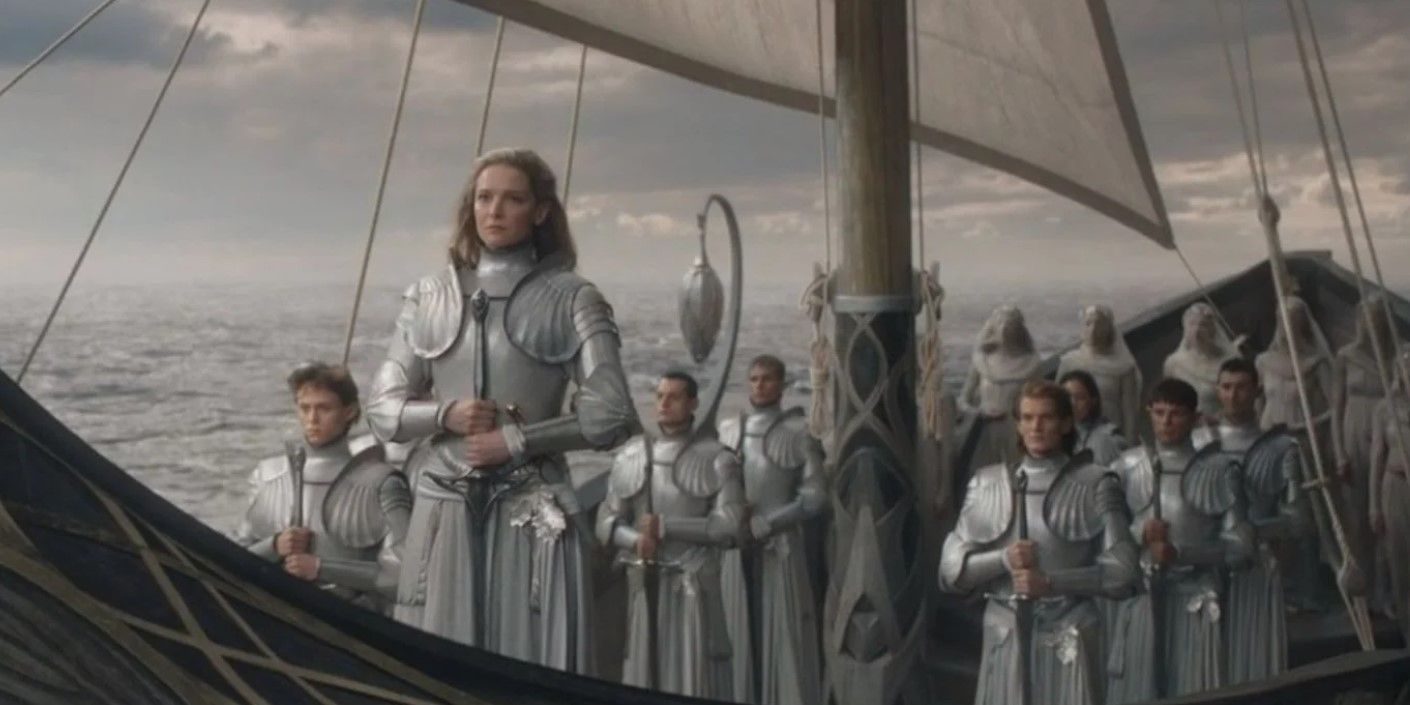
After living the early years of their creation in Valinor with the Valar, some Elves were corrupted by Morgoth, while others like Faenor let their hubris get in the way of their better judgment. Although the Elves were still considered Children of Illuvatar, they were essentially banished from Valinor for a time. While the door was reopened for them to sail back to the Undying Lands, many of the Elves chose to stay in Middle-earth.
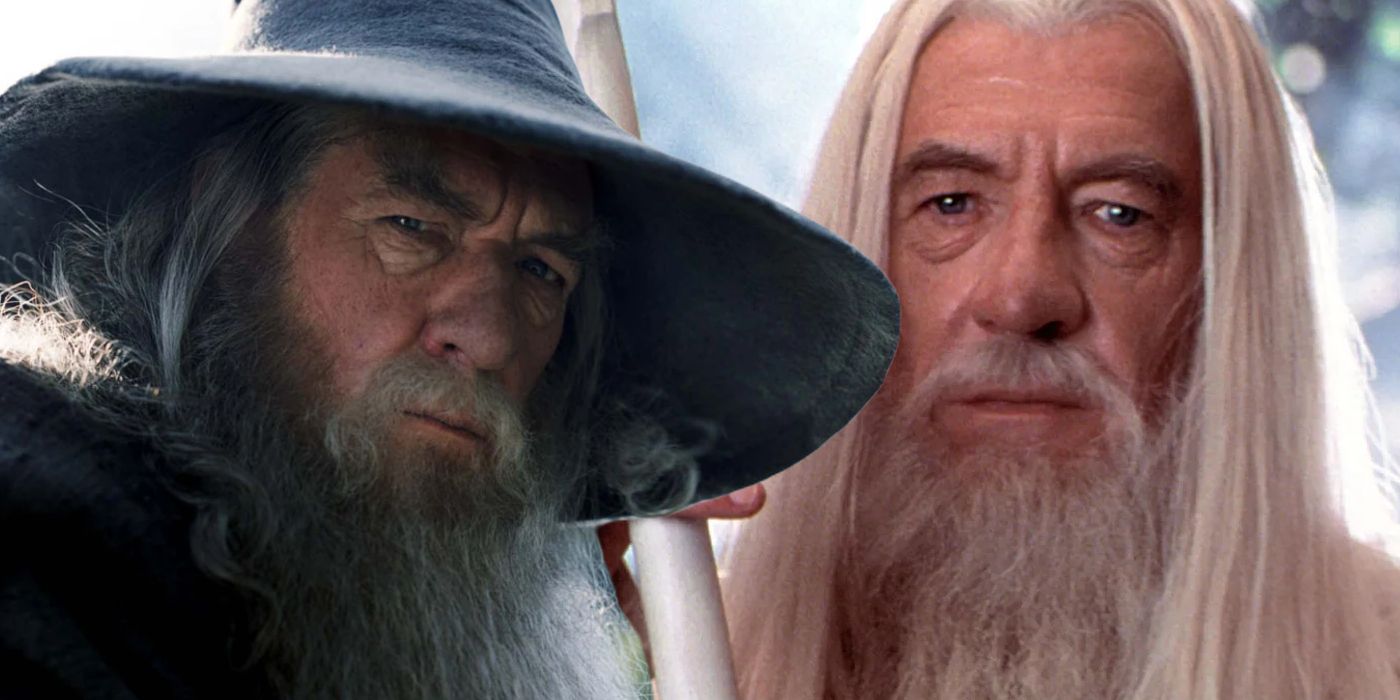
Related
The Lord of the Rings: Gandalf’s Many Names, Explained
The iconic wizard Gandalf the Grey has many different names in the Lord of the Rings franchise. What do all of the wizard’s names really mean?
However, they were doomed to “fade” or “wane” there until the time finally came for them to return home. Because of their waning status, the Elves often appeared sorrowful to the other peoples of Middle-earth. They were not destined to inherit Arda but were rather only travelers who would ultimately return home to Valinor. While this fate was a great blessing, the Elves also knew that any friendships they built in Middle-earth were only temporary.
11
Most People In Middle-earth Have Mundane Lives
Communities Like the Shire Don’t Have Much Going On

The rolling green hills of the Shire are unquestionably gorgeous — an ideal holiday spot for those who want to get away from the hustle and bustle of urban chaos. Life in Tolkien’s Middle-earth, however, isn’t as thrilling as it appears at first glance. In fact, many communities—especially those of the Hobbits in the Shire—have very little going on from day to day.
The inhabitants of Hobbiton are well-known gossips, the townsfolk of Bree are relatively unsophisticated, and even the citizens of Gondor remain blissfully unconcerned with the world beyond the white walls of Minas Tirith. The people of Middle-earth are genuine, gracious, and hospitable, but living with them would get boring fast. For those looking for adventure, they will only find such thrills once every few hundred years.
10
Middle-earth’s Folk Medicine Has Serious Limitations
Modern Medicine in LotR Would Go a Long Way for Livable Conditions
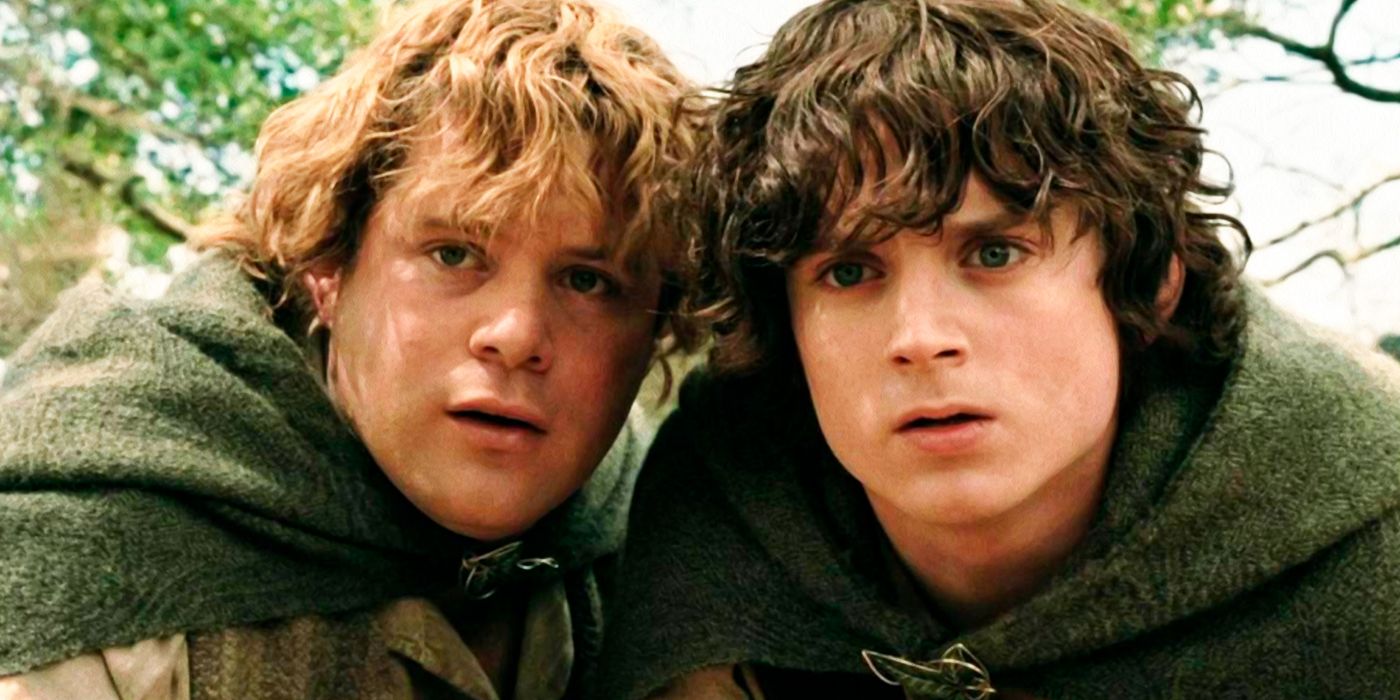
Although folk remedies like herbal tinctures and alchemical antidotes are not without their merits, they aren’t a fraction as effective as evidence-based medicine. There are no quick-fix drugs in Middle-earth, even something as simple as aspirin. More importantly, there are no vaccines to prevent pandemics like the Great Plague of TA 1635 from decimating.
Aragorn employs a plant called Athelas to treat Frodo’s Morgul-blade injury, but even this multipurpose herb has its limitations. Interestingly, the Elves are capable of healing both emotional and physical issues by channeling their fëa through the patient’s body. Nevertheless, it is always a help to have modern medicine to avoid any particularly persistent diseases and other health trials.
9
There Is Way Too Much Infighting Going on In Middle-earth
Living In Middle-earth Means You Might Get Caught In a Massive War
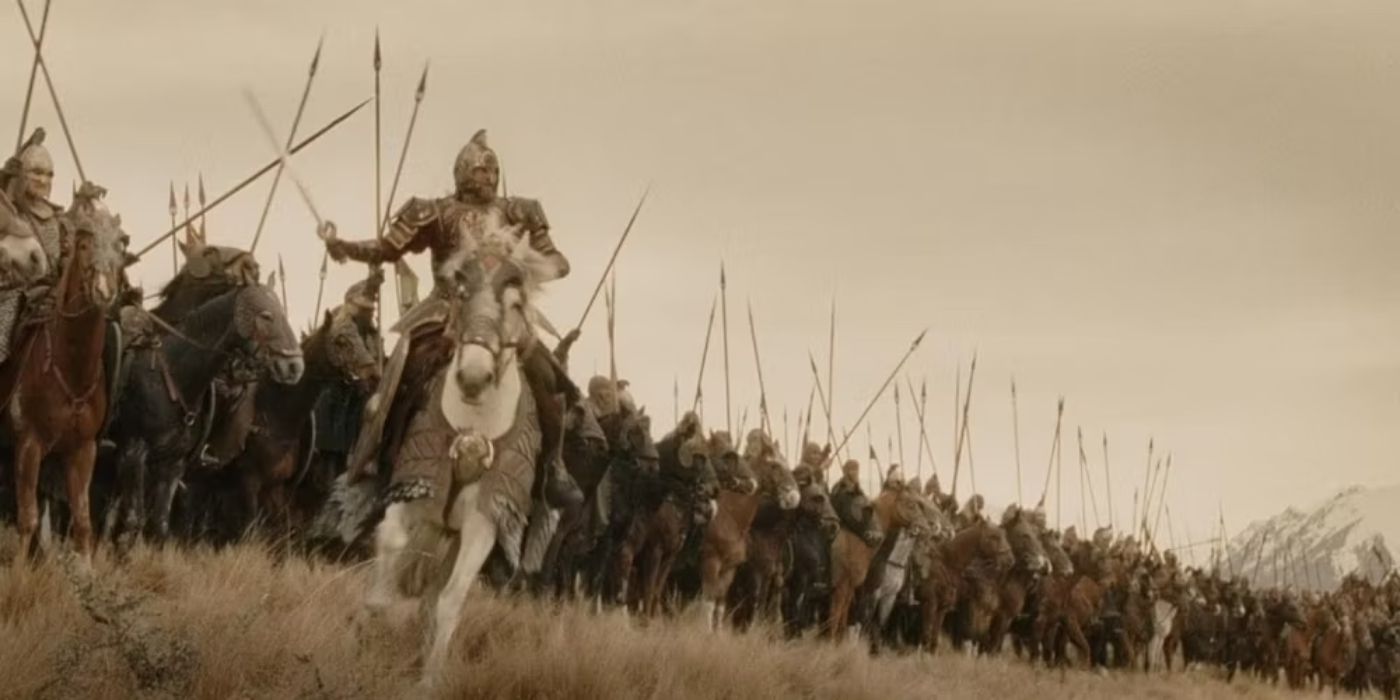
Centuries of bloodshed and destruction in Lord of the Rings have permanently scarred the once beautiful world of Arda. Various Elven factions spend countless years at each other’s throats — false outrage, exaggerated claims, and unbridled vengeance ultimately lead to a complete breakdown of trust. The result has been endless fighting since the dawn of the world.
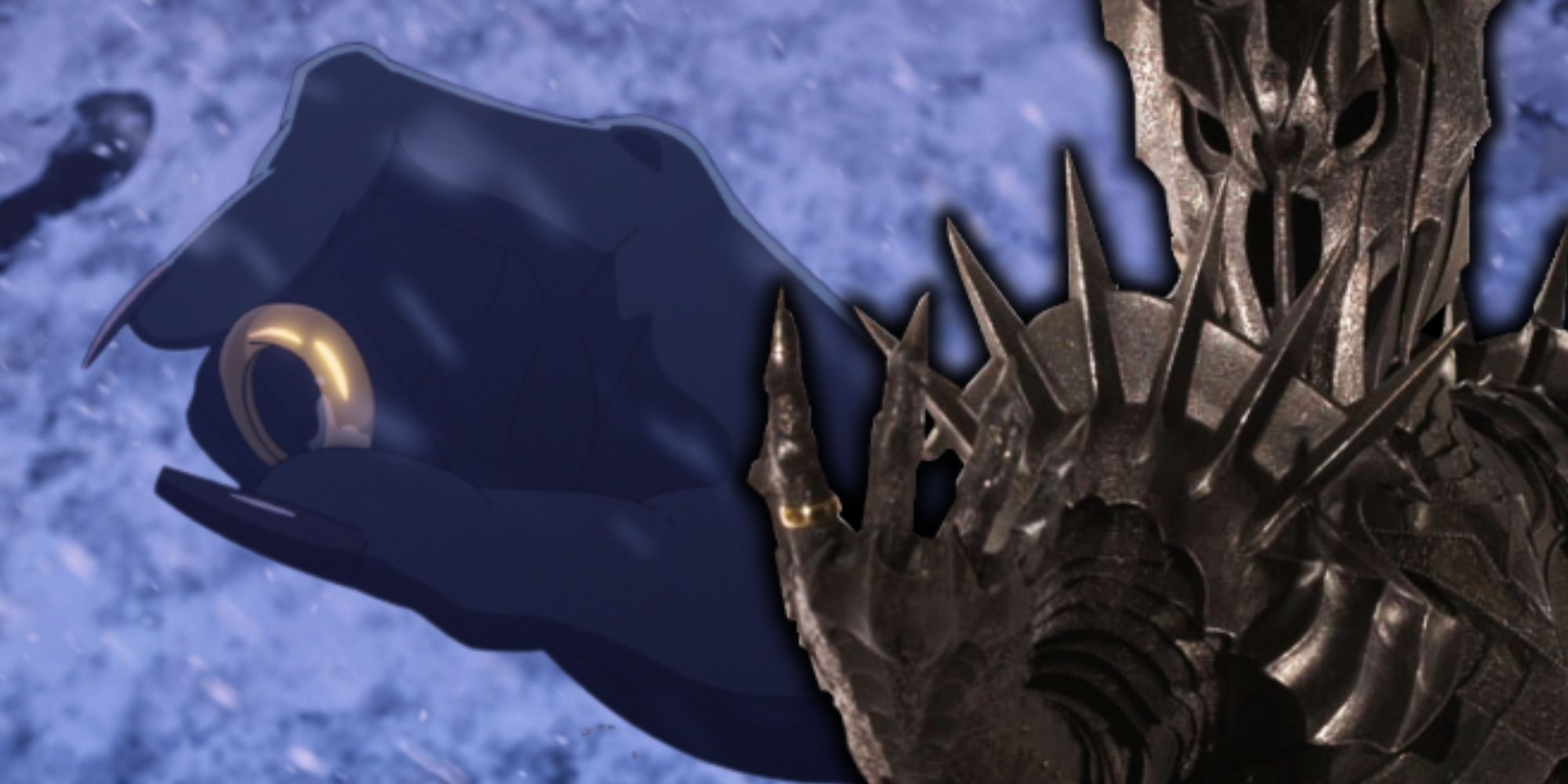
Related
An Iconic Lord of the Rings Villain Was Searching for the One Ring Longer Than Fans Think
The War of the Rohirrim reveals Sauron’s early hunt for the One Ring, adding new context to Middle-earth’s timeline and its eventual epic battles.
Having come to terms with their many mistakes, the Elves slowly trickle out of Middle-earth and sail to Aman. The race of Men fills the power vacuum and takes over the continent, creating more conflict than before. Tolkien’s Middle-earth is constantly on the verge of war, making for a rather unpleasant living environment.
8
The Forests of Middle-earth Are Incredibly Dangerous
LotR’s Ents Don’t Always Take Kindly to Outsiders
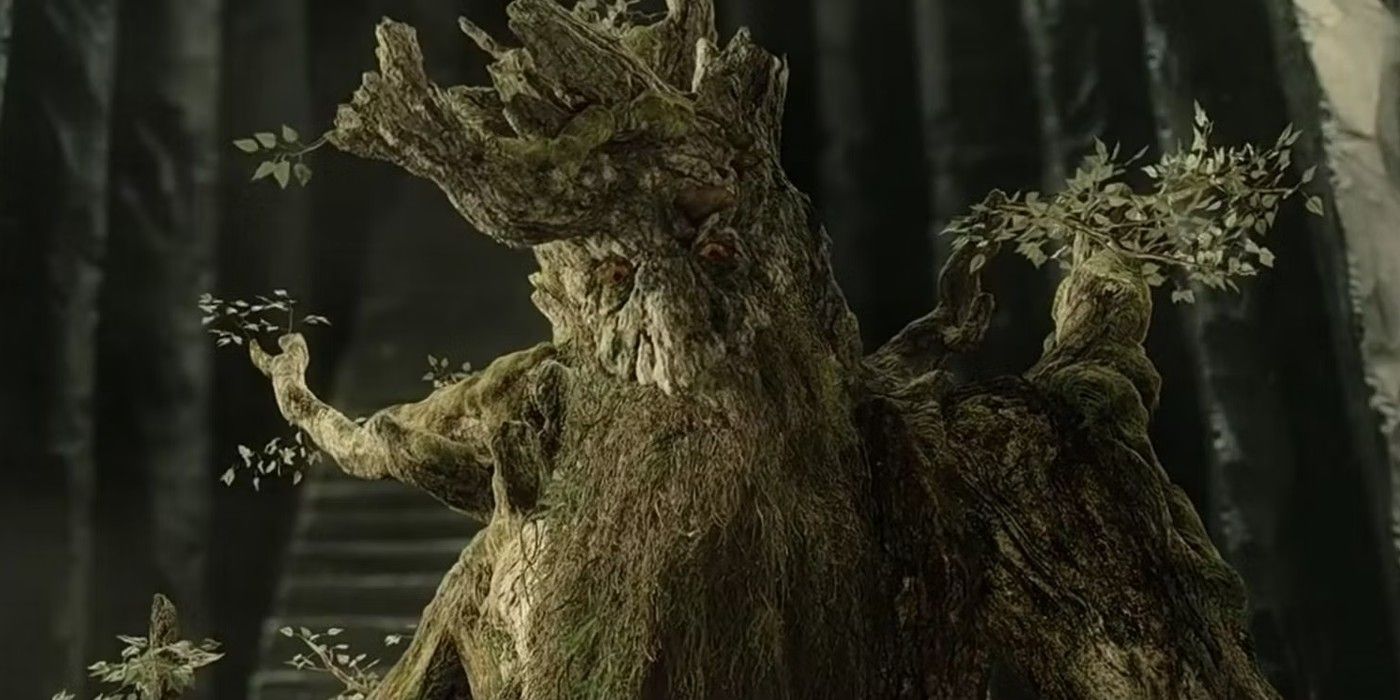
The Men and Dwarves of Lord of the Rings have been deforesting Middle-earth for eons, leaving only a few areas untouched. Among them are Fangorn, Drúadan, Mirkwood, and the mysterious Old Forest. These forests appear innocuous, but they are nevertheless extremely risky to traverse, especially for unwary travelers.
The Ents of Fangorn are intrinsically nonviolent, but they will not tolerate unsheathed weapons inside their territory. On the opposite end of the spectrum is Mirkwood, which is packed to the rafters with bats and spiders. One taking the time to traverse through these forests will want to take care, lest they come across an unfriendly creature found within.
7
Orcs Can Pop Out of Nowhere
The Dark Lord’s Servants Are Always Looking to Cause Chaos
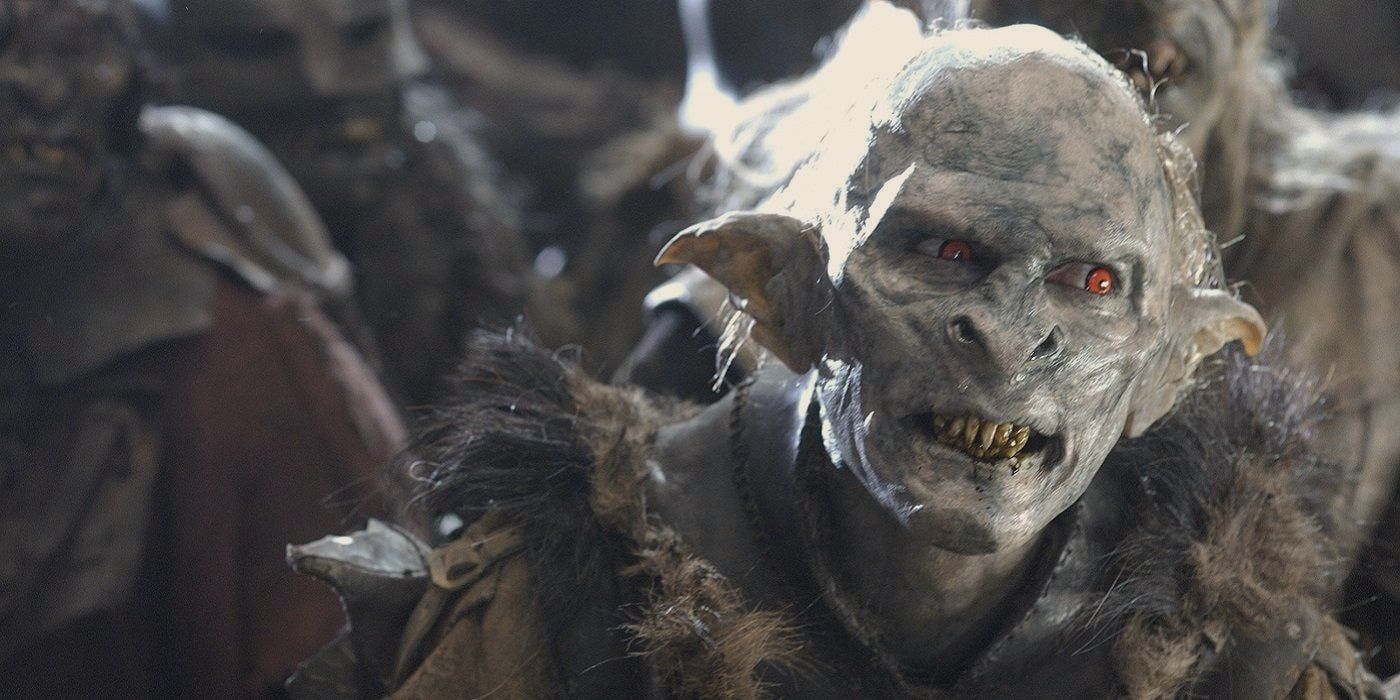
Although the vast majority of Middle-earth’s Orc population can be found in “evil” regions like Mordor and Isengard, their very presence disturbs the delicate balance of nature. These malignant creatures spread throughout the continent like a sentient cancer, leaving death and destruction in their wake.
Orc parties often attack without warning, and only the strongest warriors are capable of fighting back. Celebrían—Galadriel’s daughter and Elrond’s wife—is captured and tortured by the Orcs of the Misty Mountains. As long as the Orcs are around, nobody is truly safe in Lord of the Rings‘ Middle-earth.
6
Creepy Creatures Stalk the Land
Middle-earth Residents Are Sometimes Swept Away by Dark Monsters
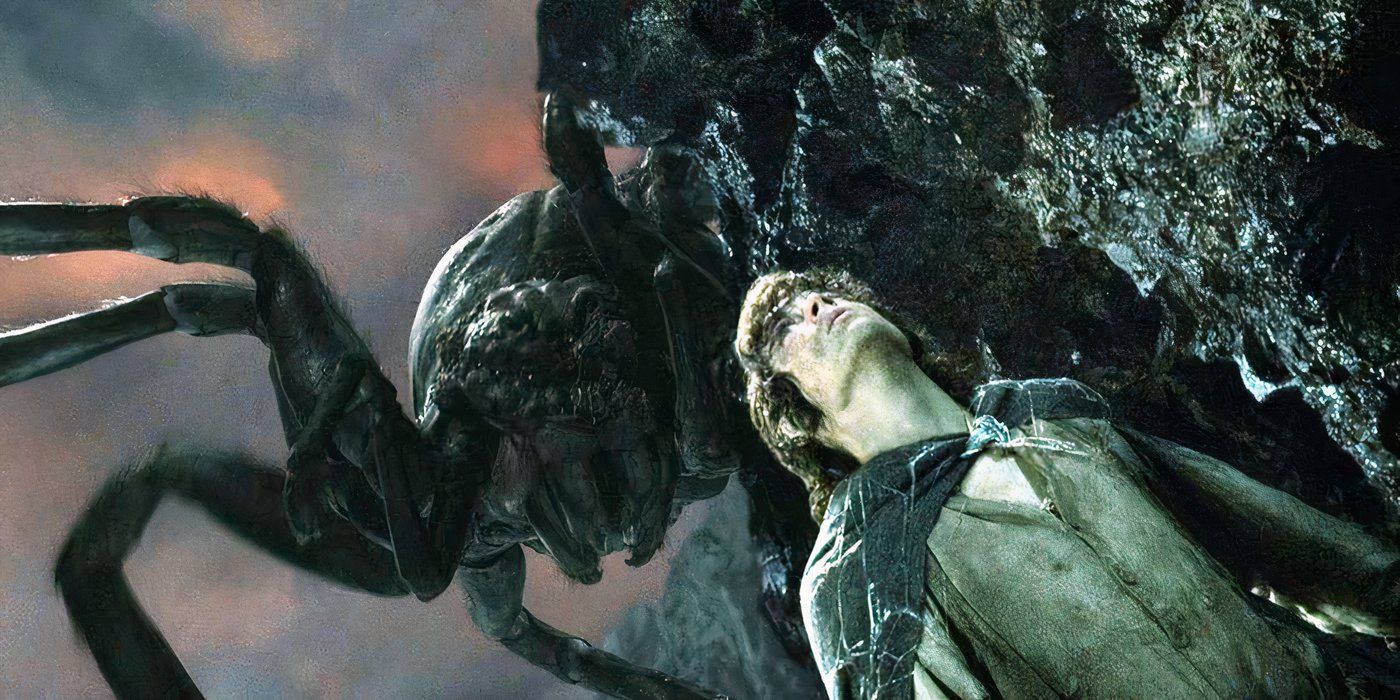
Considering Middle-earth’s checkered history, the existence of macabre entities like Ungoliant, Shelob, Smaug, Gollum, and the Balrog of Khazad-dûm doesn’t exactly come as a surprise. In any case, they largely disappear after Morgoth’s defeat during the War of Wrath in the First Age. However, many still lurked in the shadows, waiting for unsuspecting prey to wander into their lair.
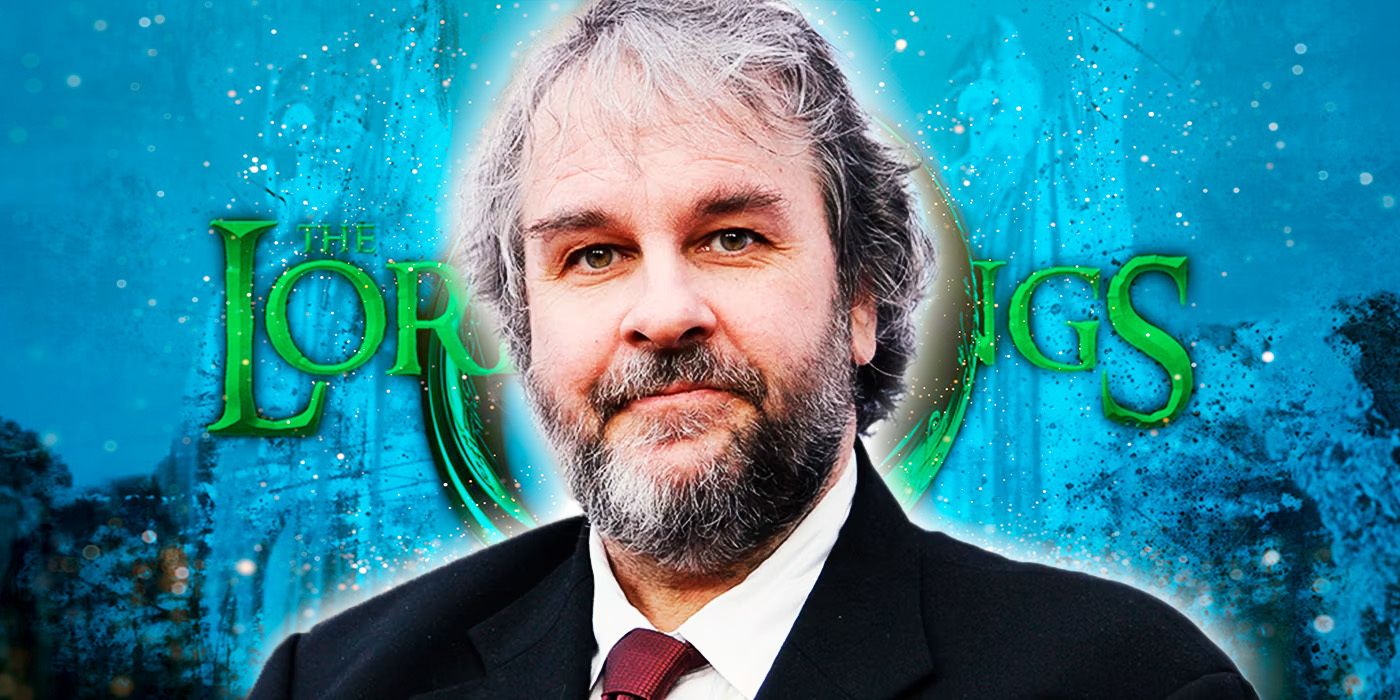
Related
Peter Jackson Thinks This Lord of the Rings Film Is the Best in the Trilogy (& He’s Right)
In a recent interview, director Peter Jackson revealed which installment of his beloved The Lord of the Rings film trilogy is his personal favorite.
The darkest corners of Middle-earth are said to contain legions of foul beasts — “far, far below the deepest delving of the Dwarves, the world is gnawed by nameless things.” Gandalf states that even Sauron is unaware of these creatures, which have the power to destroy anyone unlucky enough to wander into their reach.
5
Traveling to Distant Locations Is Punishing
Going Anywhere In Middle-earth Means a Lot of Walking
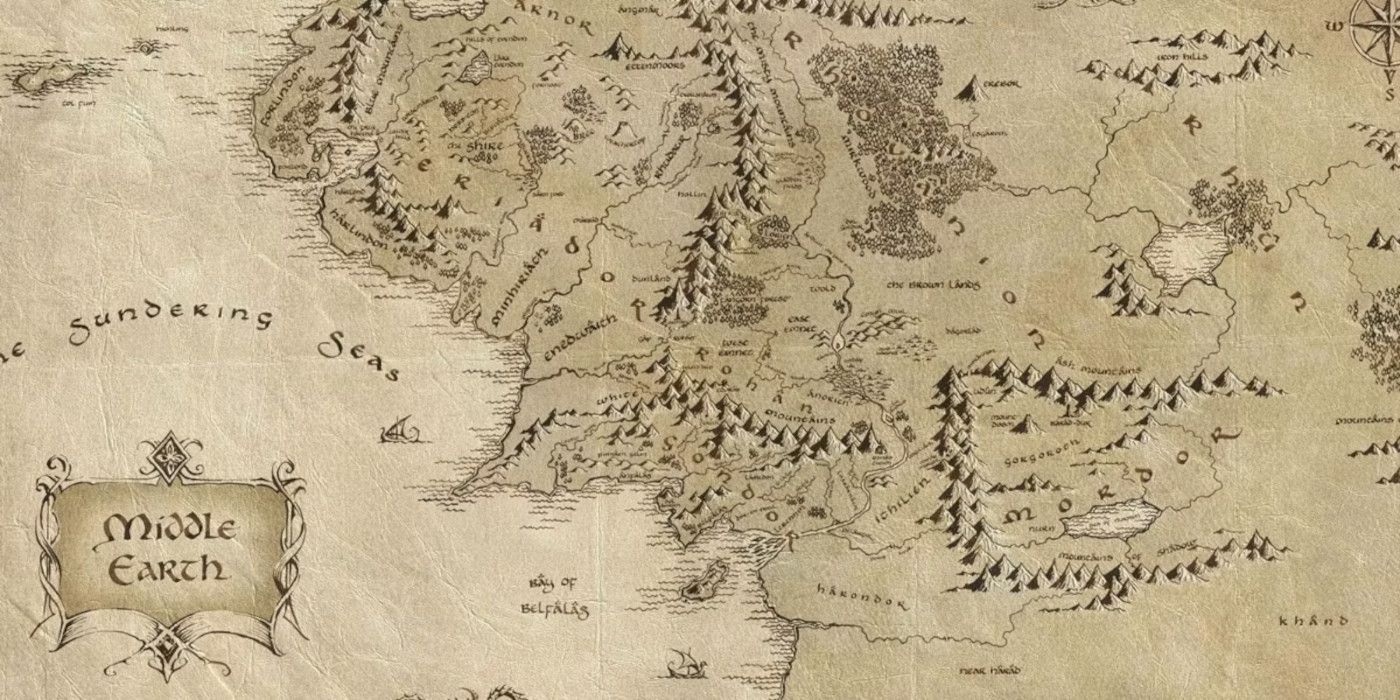
The world of Middle-earth is vast and often perilous. Without the aid of modern transportation, the people of the world must walk or ride horses through the vast terrain to get wherever they may be going. The Fellowship of the Ring travels hundreds of miles from Rivendell to Lothlórien, splintering into three separate groups at the Falls of Rauros. Aragon, Legolas, and Gimli follow Pippin and Merry’s trail to Fangorn, where they reunite with Gandalf.
Meanwhile, Frodo and Sam embark on their arduous journey to the heart of Mordor. The trip takes six months from start to finish, mostly because there are no trains, cars, and planes in Middle-earth. The Eagles would have never agreed to bear the One Ring, leaving Frodo and Sam with no option but to walk all the way to Mt. Doom.
4
The Dark Lord’s Influence Corrupts the World
Evil Is Always Rising In Middle-earth

Dictators exist everywhere, but none of them are as threatening as the Dark Lord of Mordor. Middle-earth endures Sauron’s tyranny for thousands of years — countless lives and livelihoods are destroyed, altering the foundations of society. From his lair in Mordor, Sauron does everything he can to subjugate the people of Middle-earth.
Sauron’s sphere of influence eventually reaches the Shire, located on the opposite end of the continent from Mordor. On the plus side, Frodo and Sam are determined to complete their mission because they comprehend the consequences of their failure. Nevertheless, Sauron was able to cause great disaster in the time that he was allowed to rule.
3
Humans Can’t Live In Hobbit-Holes
Not Every Structure in Middle-earth Is Built for All Types
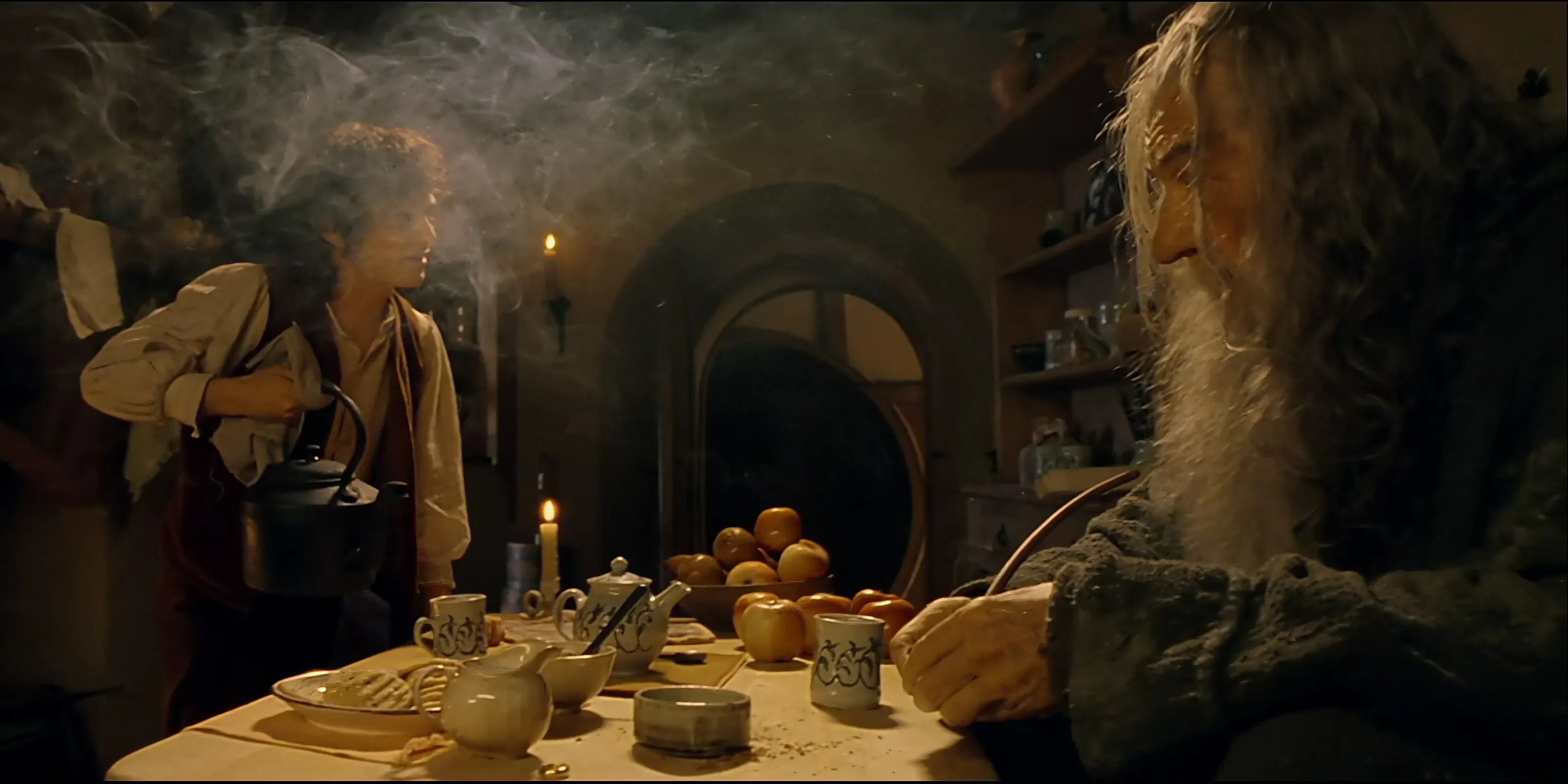
Hobbit-holes have been described as being synonymous with comfort. These holes are manually carved into hillsides and remodeled into homesteads according to their inhabitants’ preferences. Less privileged Hobbits live in tiny Hobbit-holes called Burrows, while the richest families can afford to build enormous “many-tunneled mansions” with multiple entrances, windows, and pantries.
Given that Hobbits are “between 3 and 4 feet tall” on average, their dwellings are significantly smaller than real-world houses. As wonderful as the idea sounds, humans wouldn’t be comfortable living in Hobbit-holes, barring them from enjoying the quaint lifestyle of their halfling counterparts.
2
No Electricity, Internet, Or Indoor Plumbing
Modern Conveniences Make Life More Bearable
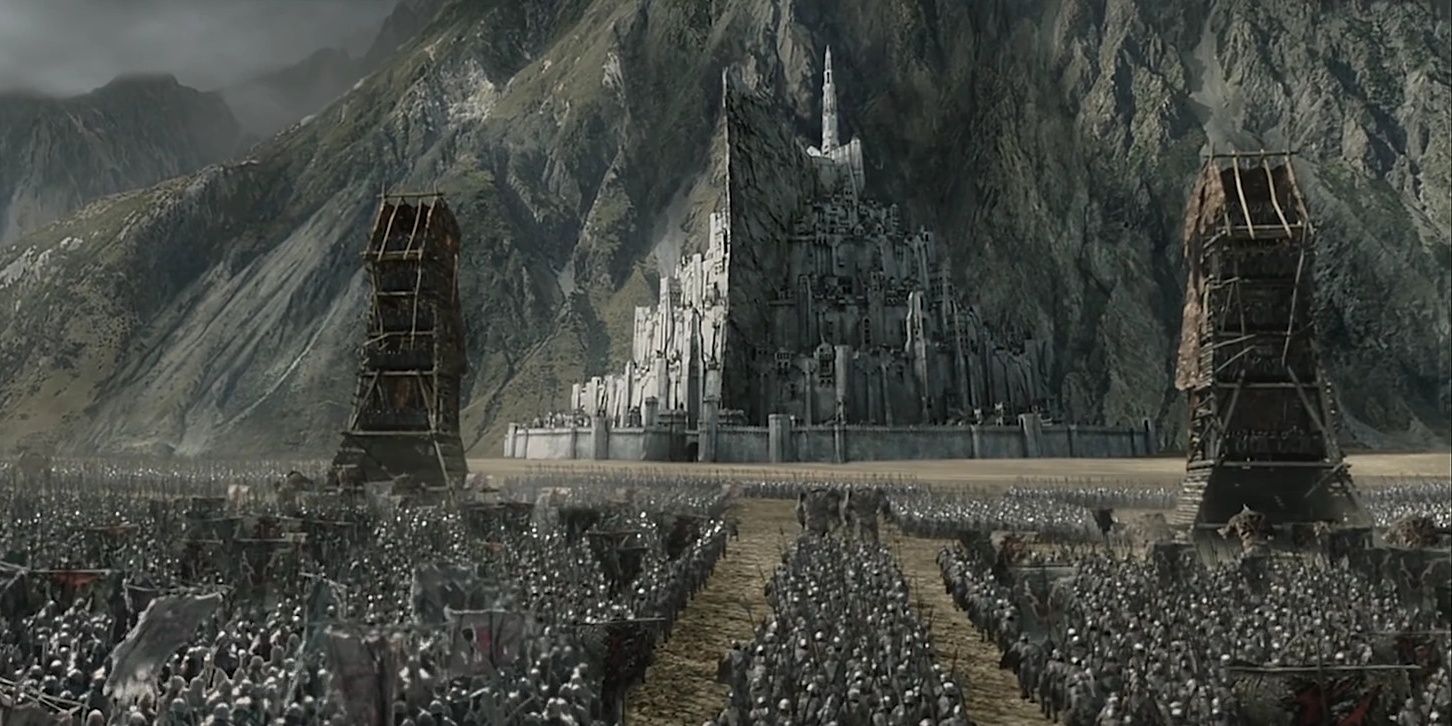
The people of Middle-earth are generally content with their lot in life, but that’s only because they don’t know what they’re missing out on. While the magnificent city of Minas Tirith is clearly an architectural marvel, it lacks basic infrastructure like electricity and indoor plumbing, hallmarks of the comforts of modern-day living.
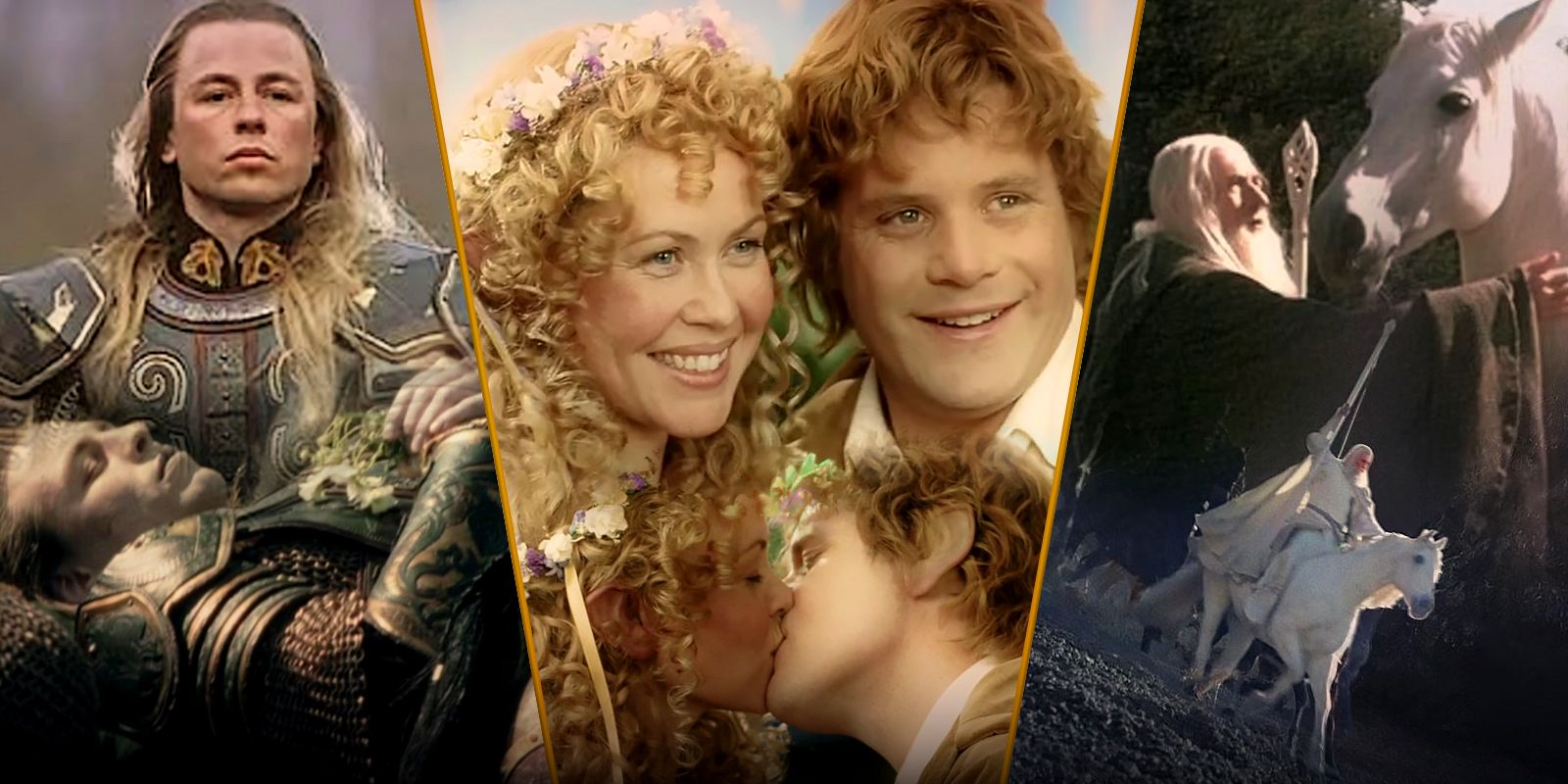
Related
10 Underrated Lord of the Rings Moments That Deserve Way More Attention
Of the many underrated movies that permeate The Lord of the Rings, there are some so great that they deserve a larger spotlight.
The fastest telecommunications system in Middle-earth employs a series of mountaintop fireplaces that transmit only warning messages and S.O.S. signals. That said, the palantíri of Fëanor can be considered a rudimentary example of videoconferencing technology. Tolkien’s Middle-earth is undeniably delightful, but it shares very little in common with the real world.
1
Morgoth Will Return to Menace Middle-earth Once More
The Original Dark Lord Is Prophesied to Return for One Last Battle
While The Lord of the Rings depicts the final fall of the Dark Lord Sauron and his minions, this isn’t the end of the story. A prophecy foretells that the original dark lord, Morgoth, will return to menace the world once more, leading to a final battle between the forces of evil and the inhabitants of Arda. Morgoth, who has spent millennia restrained after the War of Wrath, will be relentless in his long-awaited return, planning to destroy everything that the Valar have built.
Although Morgoth is prophesied to lose this battle, he will cause untold destruction before he is finally defeated for the last time. Most people of Middle-earth live blissfully unaware of this event looming in the distant future, but that doesn’t make it any less real. When Morgoth is finally freed, those still alive will be thrust into the fight of their lives for the fate of the entire universe.
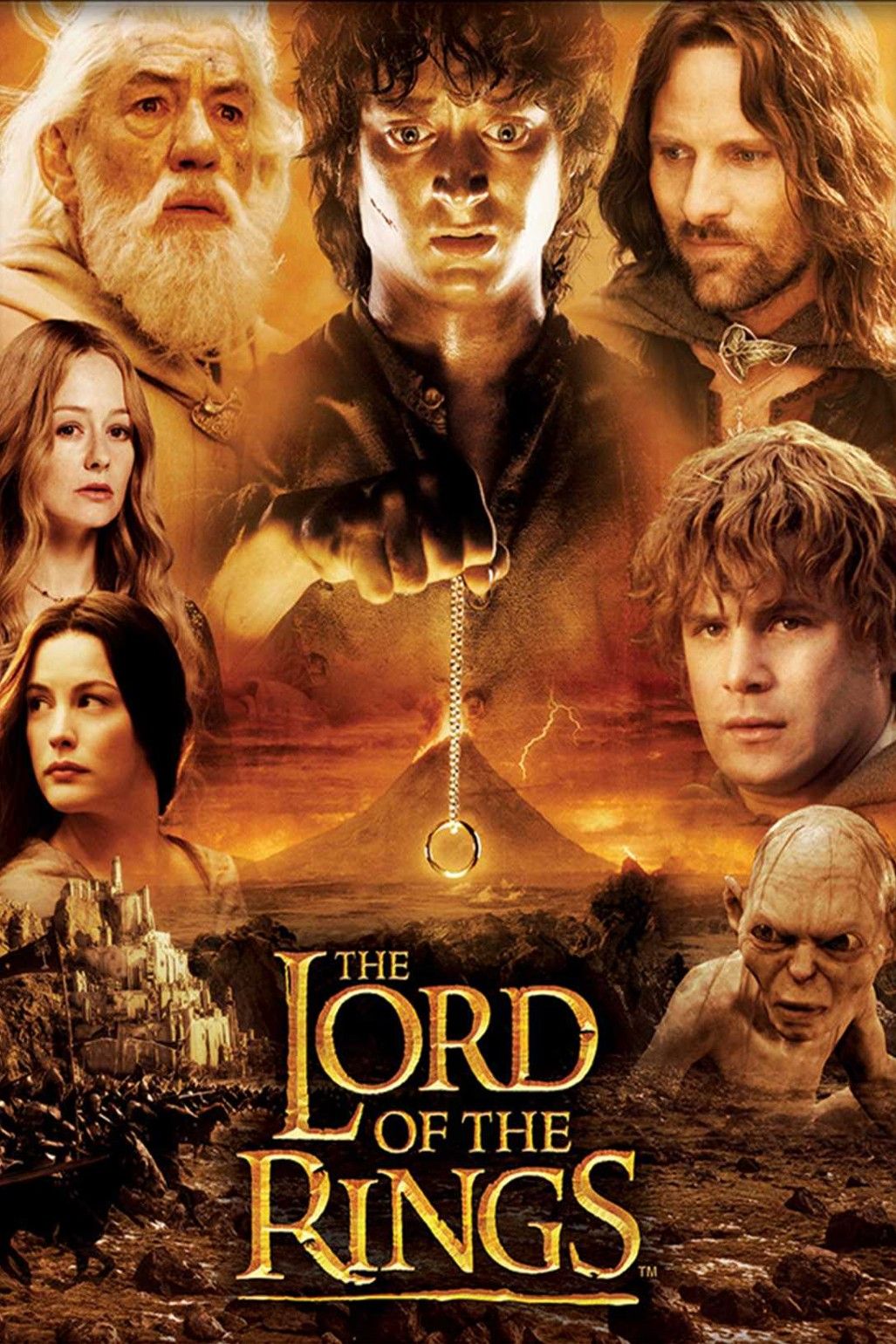
The Lord of the Rings
- First Film
-
The Lord of the Rings: Fellowship of the Ring



